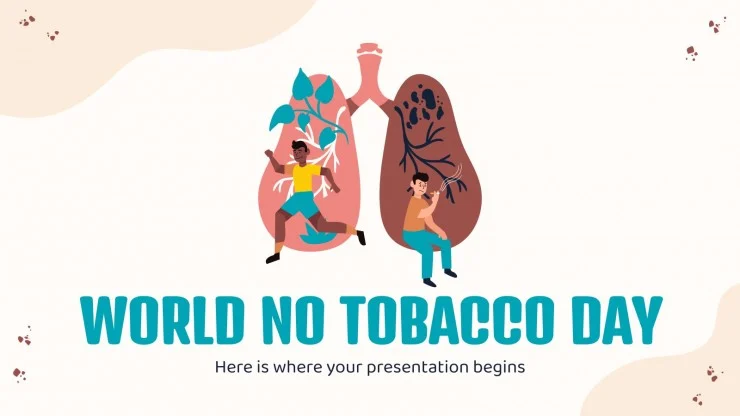By Ilias Siakaras,
The World Health Organization (WHO), on May 31 each year, celebrates World No-Tobacco Day, wanting to note the health problems that accompany smoking and advocating effective policies to reduce it. WHO chooses as the subject for this year celebrating the “Intervention of the Tobacco Industry”. The goal is to reveal and deal with the methods by which the tobacco industry intervenes and undermines the implementation of smoking control measures.
First and foremost, the usage of tobacco is one of the main risk factors for many chronic diseases, including cancer, lung diseases, and the cardiovascular system. Smoking, among other things, is positively associated with its appearance peptic ulcer, osteoporosis, oral health problems, and decreased sense of smell, and taste. Maternal smoking during pregnancy is the most important cause of complications, and adverse outcomes in childbirth, and is responsible for several health problems in infancy and childhood. According to the WHO, smoking kills nearly 6 million people each year, of which 600,000 are passive smokers, numbers that pose a threat to the humankind since every one of us could be a passive smoker taking into account how many different circumstances exist that people are smoking or vaping cannot avoid.
In Greece, according to a recent report by the European Commission and the OECD, lung cancer is the most common cause of death from cancer, with rates that remain fairly stable over time. Lung cancer, which is mainly caused by smoking, is mostly caused by smoking, whether it is a classic cigarette or tobacco, while newer tobacco products (e.g., e-cigarettes) also seem to increase the risk of lung cancer, reduced the quality of life, and high social costs. Smoking is associated with increased morbidity and mortality in COVID-19 patients, according to the WHO.

Strengthening the smoker’s motivation is the first thing one will need to work with the specialist. For instance, the specialist could ask a variety of questions, such as why the smoker wants to quit smoking, how they imagine life in five years if they quit and how to continue, what the pros and cons of smoking are, and how they would like their life to be without it, and so on.
It is a fact that the most difficult for a smoker to cope with is trying to abstain from smoking. One of the most effective and alternative methods is called “clinical hypnotherapy”. Here, the person enters a phase of relaxation and acquires with the help of their therapist the ability to “positively” manage their imagination as a form of positive submission. They are called to see themselves as a non-smoker, as well as the positives of abstaining from smoking, such as developing a mentality of a free person, instead of being a prisoner of their own-disastrous habits.
Then, or in parallel with clinical hypnotherapy, one of the most appropriate forms of psychotherapy for smoking cessation is cognitive behavioral therapy, which is some sort of psychotherapy and the patient works with someone called a “mental health counselor” (psychotherapist or therapist) in a structured way. To be precise, someone is attending sessions depending on each case to develop a healthy mindset and well-being.

As for the behavioral part of the treatment, the person learns to “self-observe” themselves by using a diary and to “strengthen themselves”, by designing a reward system. As for the cognitive part, where knowledge means thinking, the person learns to recognize their needs through the form of thoughts and then modify them.
All in all, it still remains of paramount importance to integrate psychology into our daily life, in order to understand what forces us to smoke and to embrace the world day against smoking not as a memorial, but as a worldwide message to stop smoking.
References
- World No Tobacco Day, who.int, Available here
- World No Tobacco Day – 31 May 2022, paho.org, Available here
- World No Tobacco Day: Protect Our Youth, cdc.gov, Available here
- World No Tobacco Day: Commit to Quit, internationalsos.com, Available here




